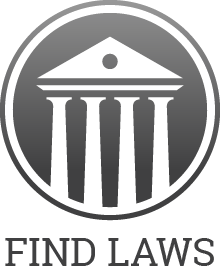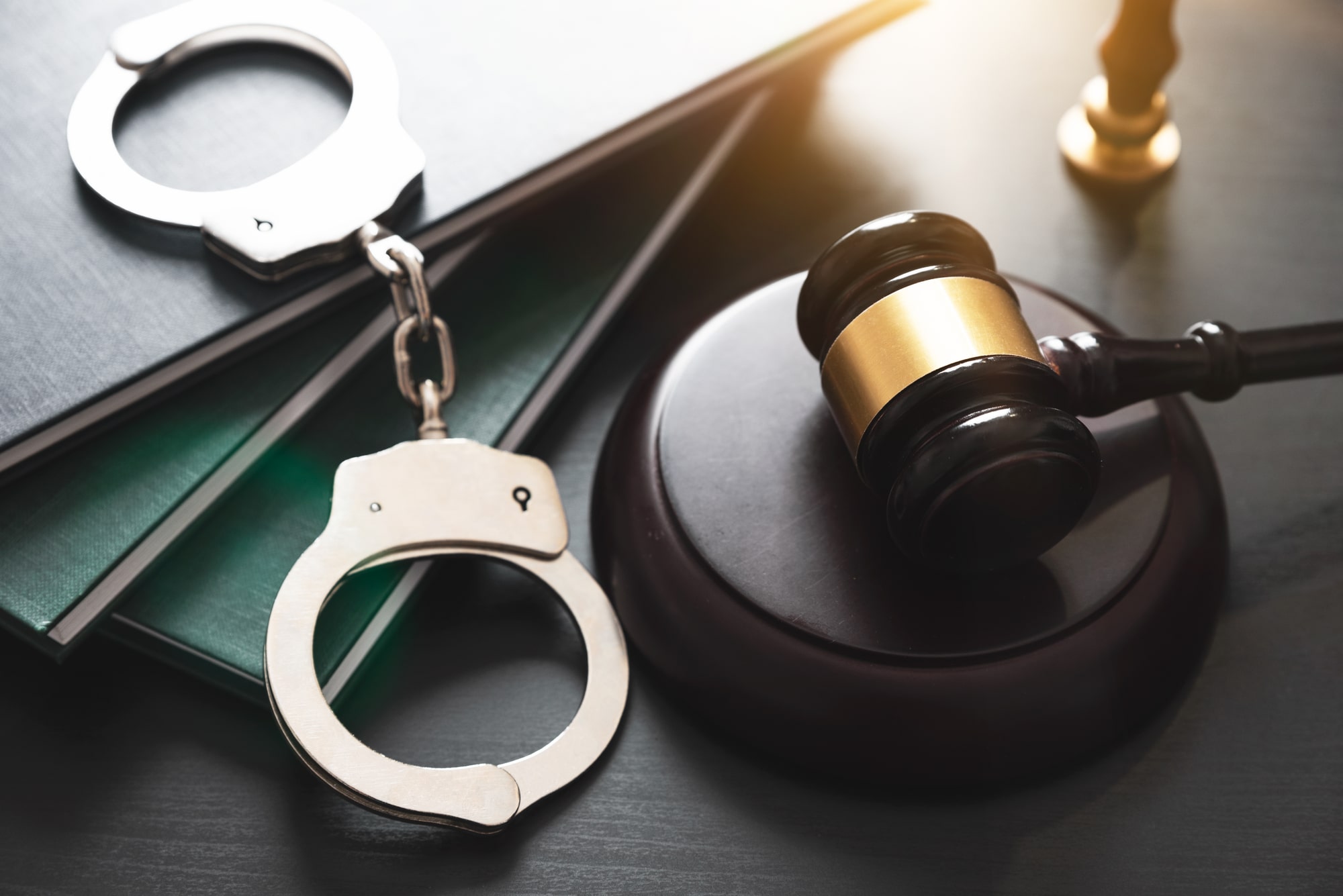Wrongful Death Lawyer
Wrongful death cases are some of the most emotionally and legally complex areas of law. When a person’s death occurs due to the negligence, recklessness, or intentional actions of another party, it raises critical questions about responsibility and justice. According to Hall-Justice Law Firm LLC, such cases can encompass a wide range of circumstances, from medical malpractice to accidents, product defects, and even criminal acts.
Defining Wrongful Death
Wrongful death is a legal term used to describe a situation in which an individual’s death results from the misconduct or negligence of another party. This can encompass a broad array of scenarios, including:
- Medical Malpractice: When healthcare professionals fail to provide an appropriate standard of care, leading to a patient’s death. This may involve misdiagnosis, surgical errors, medication mistakes, or negligence during childbirth.
- Motor Vehicle Accidents: Fatalities resulting from car, truck, or motorcycle accidents due to another driver’s negligence, impaired driving, or recklessness.
- Product Liability: Deaths caused by defective products, such as faulty automobile components, hazardous pharmaceuticals, or contaminated food.
- Workplace Accidents: Fatalities occurring on the job due to unsafe working conditions, lack of proper safety measures, or employer negligence.
- Criminal Acts: Homicides resulting from criminal acts, such as assault, battery, or murder, for which the responsible party can be held criminally and civilly liable.
Establishing Liability
To pursue a wrongful death case, certain key elements must be established:
- Duty of Care: It must be proven that the defendant owed a duty of care to the deceased. For instance, doctors owe a duty to their patients, and drivers owe a duty to follow traffic laws.
- Breach of Duty: Evidence must demonstrate that the defendant breached their duty of care. This could be through negligence, recklessness, or intentional actions.
- Causation: It must be established that the defendant’s actions (or lack thereof) directly caused the death of the individual.
- Damages: The plaintiff (usually surviving family members or the estate) must show that they suffered damages as a result of the death, such as emotional distress, loss of financial support, or funeral expenses.
Seeking Justice And Accountability
Wrongful death cases serve several essential purposes in our legal system:
- Compensation: These cases provide a means for surviving family members to seek compensation for the financial and emotional losses they have incurred due to their loved one’s death. This may include medical bills, funeral expenses, lost income, and the emotional toll of their loss.
- Deterrence: Holding individuals and entities accountable for their actions can serve as a deterrent to prevent future wrongful deaths. Knowing that there are legal consequences for negligence or misconduct can encourage responsible behavior.
- Closure: Pursuing a wrongful death case can offer a sense of closure for grieving families. It allows them to address unanswered questions, seek accountability, and make a meaningful effort to prevent similar tragedies from occurring in the future.
- Accountability: Wrongful death cases often shed light on systemic issues and shortcomings within industries or institutions. Holding those responsible accountable can lead to reforms and improvements in safety standards and practices.
Potential wrongful death cases are profoundly challenging, as they involve not only complex legal proceedings but also the profound emotional burden of losing a loved one. These cases are essential in ensuring that justice is served, and accountability is established when a person’s death results from the actions or negligence of another party. By hiring a wrongful death lawyer, loved ones may be able to seek compensation, deterrence, closure, and accountability are all crucial aspects of these cases, and they play a vital role in our legal system’s pursuit of fairness and safety. As we navigate this complex legal landscape, it is imperative to remember that behind every potential wrongful death case lies a family seeking answers, justice, and a path toward healing.

